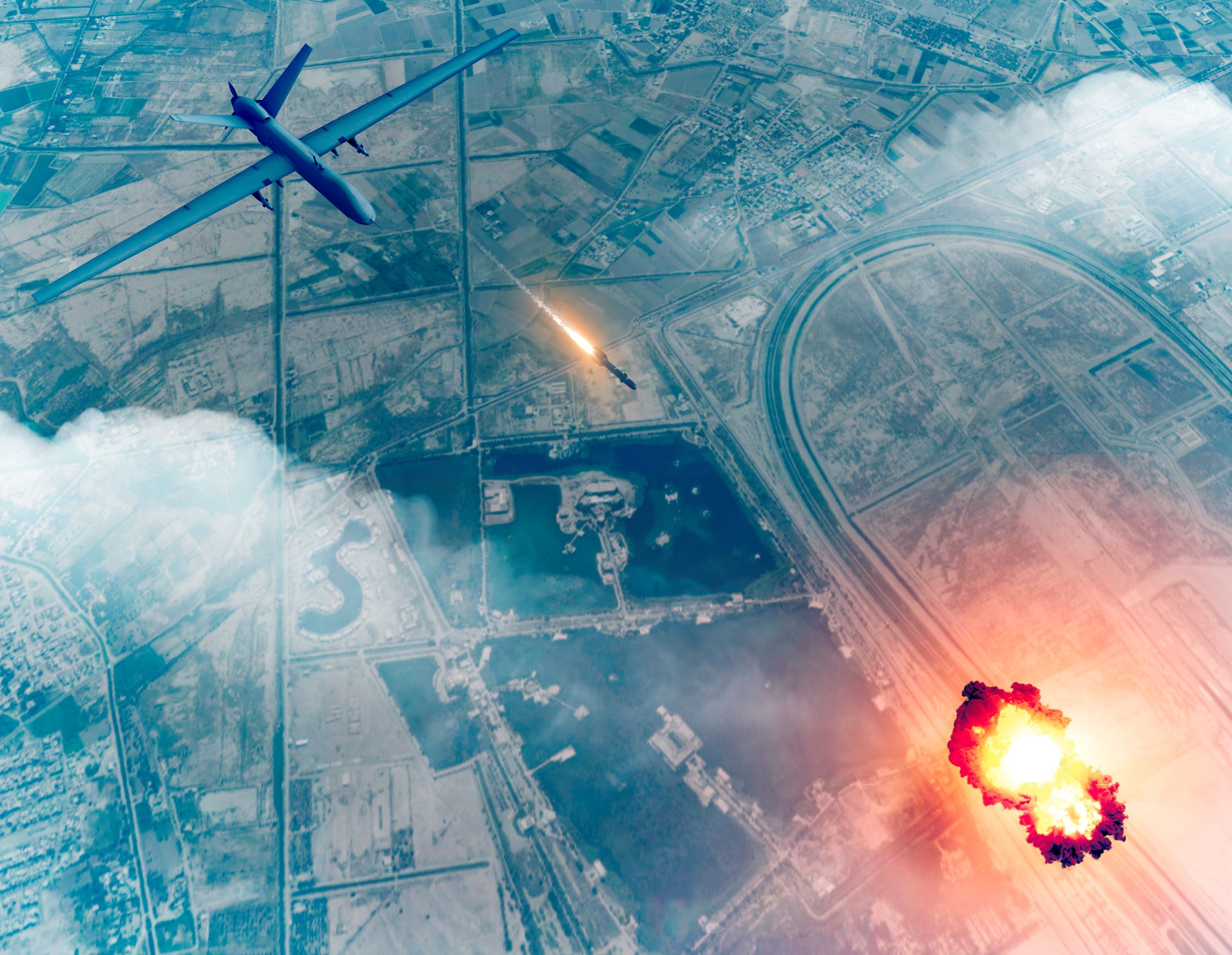You can watch a recording of the event on Asser's official YouTube page here.
On Tuesday 1 December 2020, Dr Rebecca Crootof (University of Richmond School of Law) delivered the inaugural lecture of the DILEMA Lecture Series, on the topic of ‘Artificial intelligence, autonomous weapon systems, and accidents in war’.
Artificial intelligence, autonomous weapon systems, cyberoperations, and other new military technologies are challenging core legal assumptions by facilitating previously rare actions, blurring established legal categories, and exposing the limits of existing regulatory institutions. Dr Crootof discussed how, while long recognised as a moral and strategic problem, the accountability gap for accidents in war is becoming more salient as a host of technological advances simultaneously increase the sources of error and misdirect responsibility for their consequences. But there is a silver lining: by throwing these issues into sharper relief, new technologies highlight the need for mechanisms to hold states accountable for undesired harms.
About the speaker
Dr Rebecca Crootof is an assistant professor of law at the University of Richmond School of Law. Dr Crootof’s primary areas of research include technology law, international law, and torts; her written work explores questions stemming from the iterative relationship between law and technology, often in light of social changes sparked by increasingly autonomous systems, artificial intelligence, cyberoperations, robotics, and the Internet of Things. She is interested in the ways both domestic and international legal regimes respond to and shape technological development, particularly in the armed conflict context.
She is an affiliated fellow of the Information Society Project at Yale Law School; she consults for the Institute for Defense Analyses; she is on the editorial board of the Journal of National Security Law and Policy and is an associate editor on AI and the Law for the Journal of Artificial Intelligence Research; and she is a member of the New York Bar, the board of directors of the Equal Rights Center, the Center for New American Security’s Task Force on Artificial Intelligence and National Security, and the Permanent Mission of the Principality of Liechtenstein to the United Nations’ Council of Advisers on the Application of the Rome Statute to Cyberwarfare.
Further reading: Rebecca Crootof, ‘War Torts: Accountability for Autonomous Weapons’ (2016) 164 University of Pennsylvania Law Review 1347, available on SSRN.
DILEMA lecture series
The DILEMA Lecture Series invites academics and other experts working on issues related to the project to present their work and share reflections with researchers, students, and professionals. Topics include technical perspectives on military applications of AI, philosophical enquires into human control and human agency over technologies, analyses of international law in relation to (military) AI, including international humanitarian law and international human rights law, and interdisciplinary contributions related to these topics.
About the DILEMA project
The DILEMA Project explores interdisciplinary perspectives on military applications of artificial intelligence (AI), with a focus on legal, ethical, and technical perspectives on safeguarding human agency over military AI. It analyses in particular subtle ways in which AI can affect or reduce human agency, and seeks to ensure compliance with international law and accountability by design. It investigates why it is essential to safeguard human agency over certain functions and activities, where it is most critical to maintain the role of human agents, and how to technically ensure that military technologies are designed and deployed in line with ethical and legal frameworks.
The project is led by Dr Berenice Boutin (Asser Institute). The project team includes Professor Terry Gill (University of Amsterdam), Professor Tom van Engers (University of Amsterdam; TNO), Taylor Woodcock (Asser Institute, PhD researcher), and Klaudia Klonowska (Asser Institute, Junior researcher). The project is funded by NWO–MVI Programme on Responsible Innovation. It started in September 2020 and will run for four years.
For more information, see the project’s website.
